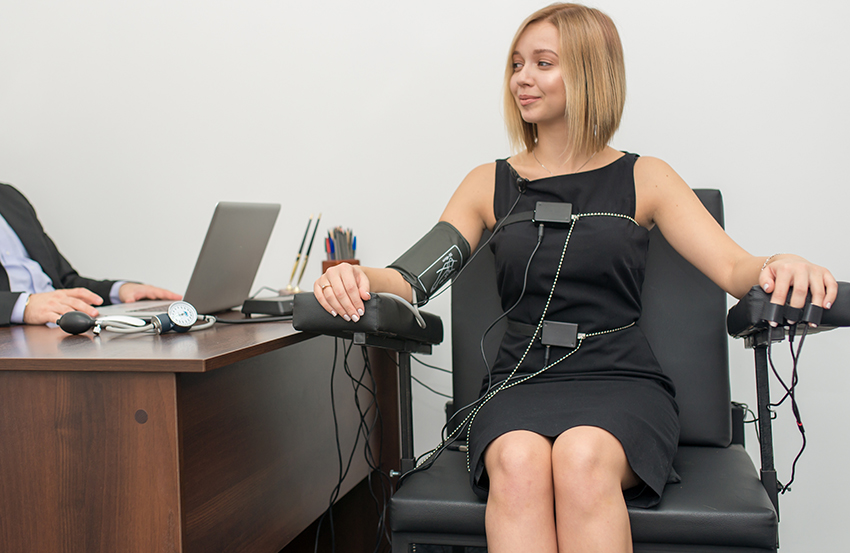Integrity are highly valued commodities, honesty in critical situations is paramount. From criminal investigations and national security screenings to pre-employment vetting and personal matters, discerning truth from deception has far-reaching implications.
Science behind polygraph testing
At the core of polygraph testing, often referred to as lie detector tests, lies a well-established scientific principle. When an individual lies, their body experiences involuntary physiological responses, such as changes in breathing patterns, heart rate, and electrodermal activity (sweat gland activity). These responses are meticulously monitored and analyzed by trained polygraph examiners using sophisticated instruments.
Expertise of polygraph professionals
Do polygraph test on liedetectortest? Premier polygraph services are delivered by highly skilled professionals who have undergone rigorous training and certification processes to become experts in their field. These individuals possess a unique blend of technical knowledge, analytical skills, and interpersonal abilities that allow them to navigate the complexities of lie detection effectively.
Their expertise extends far beyond operating the polygraph instrument itself. Polygraph professionals are adept at conducting pre-test interviews, formulating targeted question sequences, and interpreting physiological data in the context of verbal and nonverbal cues. They understand the nuances of human behaviour, body language, and the psychological factors that influence test results. Moreover, these professionals are well-versed in legal and ethical considerations; their practices comply with relevant regulations and adhere to the highest standards of professionalism and integrity.
Cutting-edge technology and innovations
Premier polygraph service providers stay at the forefront of technological advancements, ensuring that their services are delivered with the highest levels of accuracy and reliability. Some of the notable innovations in the field include:
- Advanced sensor technologies– Modern polygraph instruments utilize cutting-edge sensor technologies, such as electrodermal sensors, pneumograph belts, and cardio cuffs, to capture physiological data with greater precision and sensitivity.
- Computer-assisted scoring and analysis-Sophisticated software algorithms and machine learning techniques are now integrated into polygraph systems, enabling computerized scoring and analysis of test data. These tools aid examiners in interpreting results and reducing potential human biases or errors.
- Remote testing capabilities– With the advent of secure online platforms and video conferencing technologies; remote polygraph testing has become a viable option. This development has expanded the reach of polygraph services and facilitated testing in situations where in-person examinations are not feasible or practical.
- Integrated audiovisual recording– Many modern polygraph systems incorporate audio-visual recording capabilities, capturing not only the physiological data but also the verbal and nonverbal cues of the examinee. This comprehensive documentation enhances transparency and enables detailed post-test analysis and quality control measures.
- Countermeasure detection- Researchers and developers are constantly exploring new methods to detect and counteract potential countermeasures employed by examinees to influence test results. These advancements aim to improve the overall reliability and integrity of polygraph testing.
Quality assurance and professional standards
Premier polygraph service providers place a strong emphasis on quality assurance and adherence to professional standards. This commitment ensures that their services are delivered with the highest levels of accuracy, integrity, and ethical conduct. Quality assurance measures may include ongoing training and certification programs for examiners, rigorous peer review processes, and strict adherence to established protocols and best practices. Additionally, many polygraph professionals belong to professional organizations and adhere to codes of ethics that govern their conduct and practices.


